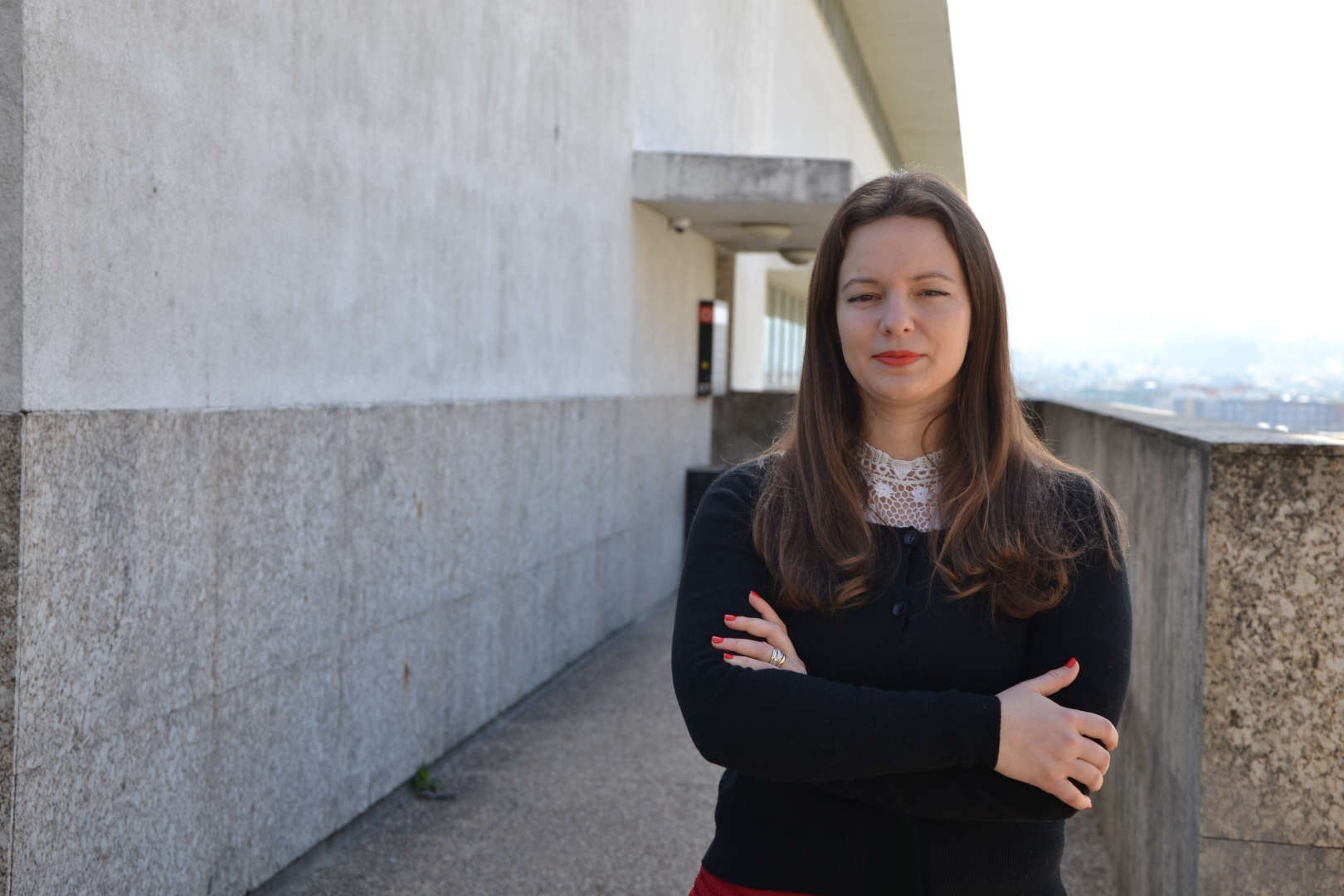About
I am a researcher at the High Assurance Software Lab (HASLab) and an Invited Assistant Professor at the University of Minho, where I lecture in courses in Fault Tolerance, Distributed Systems and Operating Systems. My research interests include dependable data management and data processing systems and different fault tolerance mechanisms.
I have contributed to multiple National and European research and innovation projects in collaboration with industry in the Software Engineering, Insurance and Energy domains.


